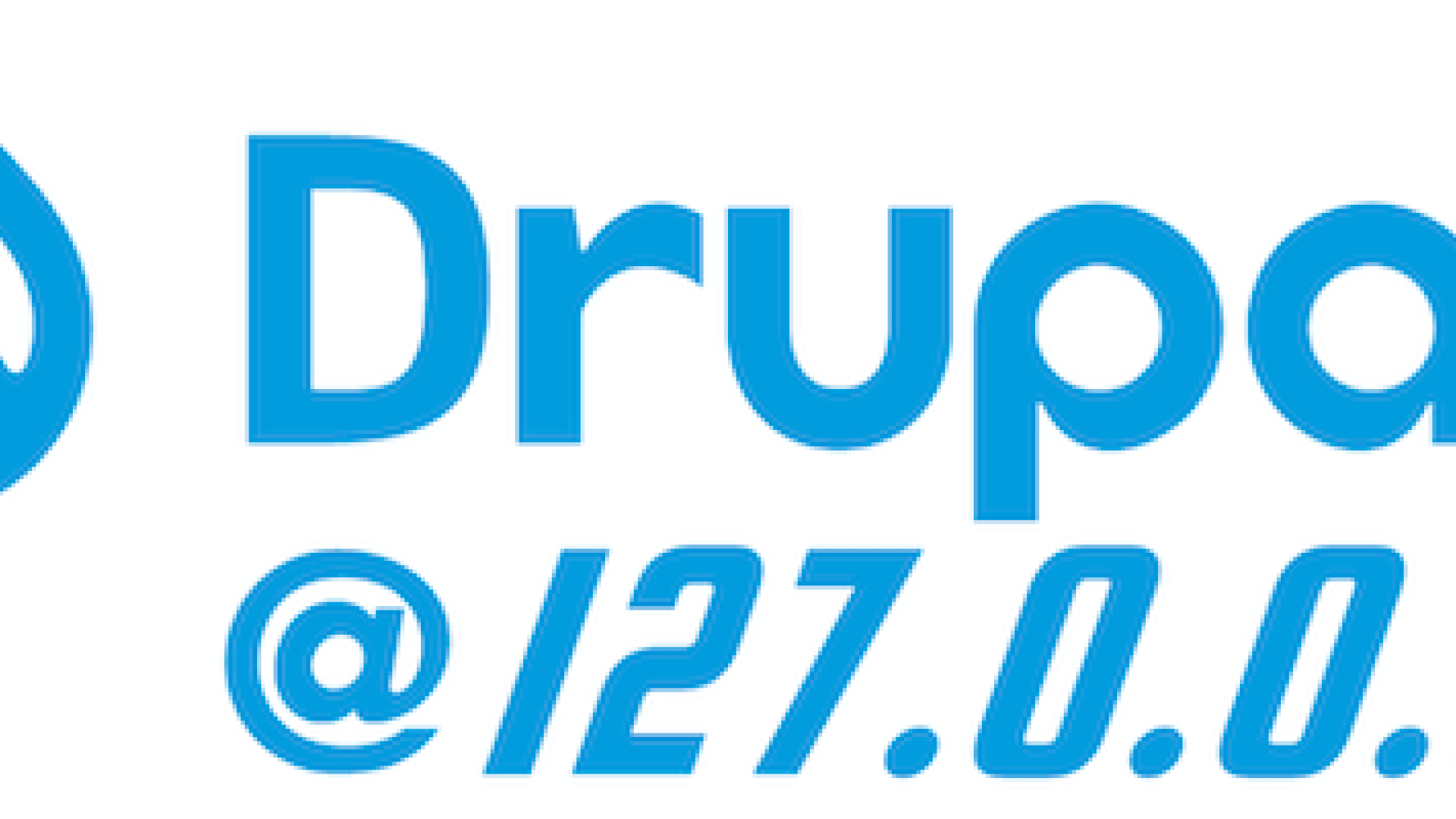
What happened to Drupal? It has never disappeared, indeed it has continued to evolve while maintaining its solidity, but adapting to the most recent technological developments: a CMS with the soul of a PHP framework, ready for the challenges of the Cloud Native. The new major release is upon us.
DRUPAL @ 127.0.0.1 , the only event in Italy to gather the lively community of Drupal developers in the area, is the event that tells why Drupal is more alive than ever, why those who develop should get closer, but also what a Drupal developer should know about be such.
Drupal is a modern tool, ever closer to today's standards. The fundamental part of its core starting from version 8 is Symfony, which today is the de facto standard for the PHP world. It is still a CMS, but with a framework soul, so much so that it can be used natively headless, combined with any JS framework for a decoupled frontend. And then it is the basis of one of the most flexible DXP (Digital Experience Platform) available that those involved in marketing could want.
Drupal @127.0.0.1 - ed. 2022
mer 28 set 2022 09:15 - 13:00 CEST
Who is it for?
The event is aimed at developers who have always looked at CMS with suspicion, to young devs who want to understand a little more, to CTOs and lead developers looking for modern CMS and Cloud Native solutions, to those who follow Drupal with passion from first hour.
Here are some interventions of the morning:
Dries meets the Italian live community
Dries Buytaert will intervene live for the first time in an Italian event. He will tell about his vision on the evolution of Drupal, back from a very successful DrupalCon in Prague. Among the points that he will expose, Drupal 10, the Contributor Experience and the relationship between PHP / Drupal and other more recent frameworks.
Dries will spend a generous half hour answering questions from the community. In case you would like to anticipate them, write to [email protected].
The speech will be in English.
Dries Buytaert | Drupal Creator and Project Lead
How does Drupal build your pages?
Have you ever thought about what happens when an HTTP request arrives at your Drupal site? How does Drupal find the correct code to run? Which parts of a page come from the cache and which are built from scratch? How many and which queries are performed on the database? And, why not, how long and how much memory does it take to convert the request into a response?
Whether you're a form-developing person or just curious, the answers to these questions will help you better understand how your favorite CMS works internally (because if it isn't already, it will).
To do this we will use the Webprofiler module, which will help us understand how the various components of Drupal interact to convert a request into a response. Webprofiler collects data during the construction of each page of the site and allows us to easily explore what is happening within Drupal.
We will follow the path of a request starting with the middleware, we will go from routing to the controller to finish at Twig. We will find out how services provide functionality and how events give the possibility (or the opportunity) to write decoupled code. All without losing sight of performance and keeping an eye on resources, time, caches and queries.
Luca Luxury | Software Developer, Drupal Unit @ SparkFabrik
Drupal 10: A modern Cloud Native development PHP framework
Detractors speak of a decline of Drupal: fewer and fewer developers choose it to build sites. Yet if we look at the quality of Drupal-based projects, it is clear that these are projects with an ever-increasing impact, mostly at an enterprise level, capable of guaranteeing truly innovative digital experiences.
Drupal remains not only the most powerful and secure enterprise-grade open source CMS, but has become a solid CMF that has been able to renew itself following the principles of the MACH framework that promotes platforms based on microservices, which are API-first, cloud native and headless. So no, no decline, Drupal is keeping up with the best technologies on the market.
Here's what we talk about today: the new major release of Drupal is upon us and we want to tell you all the news for users and developers.
Marco Primitivo | Software Developer, Drupal Unit @ SparkFabrik
Drupal Opensource Contribution: Advanced Geo-Mapping with the Geofield stack
CMS or Framework, Drupal is a unique and powerful opensource web tool, thanks to its ability to model any database and implement the most varied functional logics on it, integrating if necessary with third-party application services.
But beyond the technical qualities, the real strength of Drupal remains its Community and the open tools at its service: we developers have the freedom to decide what Drupal can be or become, day after day (almost limitless).
I want to tell you about my experience as "Main maintainer" of the Geofield Stack of Drupal 8+ (Geofield, Leaflet, Geocoder) and how this commitment has proved crucial over the years to refine my professionalism and rewarding in opening up to professional experiences and friendships in different parts of the world.
Ready to answer your most technical questions, I will describe some examples and application ideas of Advanced Geo Mapping in Drupal 9 & 10 (within the reach of every person) to demonstrate the potential and versatility of this increasingly modern "creative environment for the web" and refined.
Italo Mairo | Senior Web Engineer @ Unity Technologies
Moderate the meeting
Edoardo Dusi
Lead Developer @ SparkFabrik
Drupalista yesterday, FE lead dev and mobile today. But I actually like to conduct podcasts and present events.


 DrupalCamp
DrupalCamp






